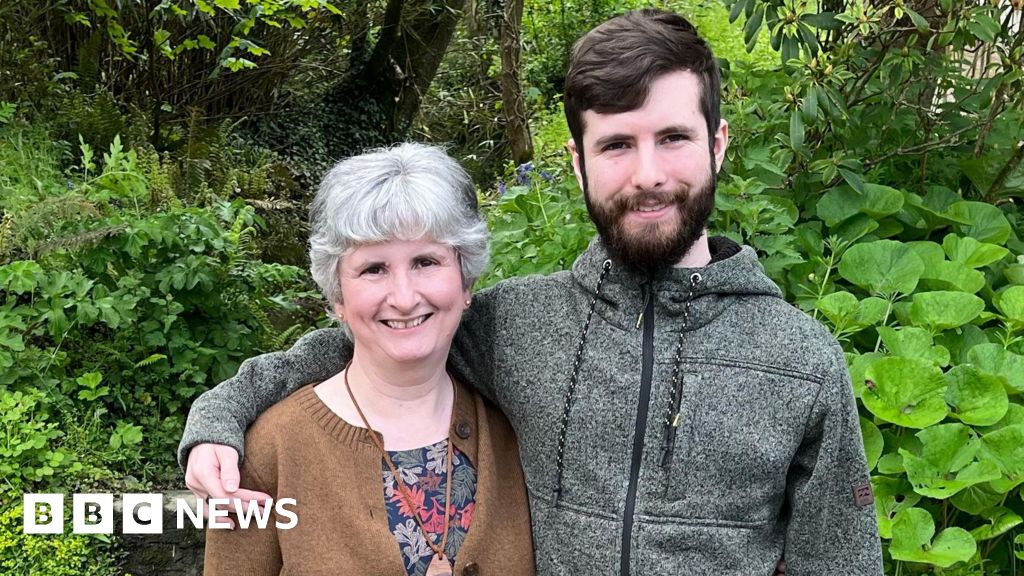ARTICLE AD BOX
 Image source, Getty Images
Image source, Getty Images
Candidates
Hiring in the UK has slowed amidst uncertainty over the economy, according to a report.
July saw the slowest increase in the number of permanent jobs filled for 17 months.
KPMG said recruiters are becoming more tentative over hiring new staff.
The consultancy added that ongoing skills shortages, a drop in foreign workers and hesitancy from candidates to move jobs had all led to a tighter supply of suitable staff.
The slowing down of the hiring spree that followed the pandemic comes as the Bank of England warned the UK will fall into recession in the final quarter of this year. The bank raised interest rates from 1.25% to 1.75%, in a bid to curb soaring prices.
The jobs report by KPMG and the Recruitment and Employment Confederation suggested rising operating costs and uncertainty over the UK's economic outlook is leading some firms to put the brakes on recruitment, at least for permanent roles.
But the soaring cost of living and tougher competition for a smaller pool of qualified candidates has also meant that the rate of starting pay continued to rise in July.
"The trend of uncertainty in the UK jobs market of the last few months continues," said KPMG's Claire Warnes.
"Employers are rightly hesitant about their hiring plans... So, a focus on up-skilling existing workers and attracting talent, remains absolutely essential for UK business to play its part in driving forward the economy."
It is still a good time to be a jobseeker - the number of vacancies advertised has continued to grow. Although the fastest rate of growth in vacancies was for temporary posts in the hospitality sector.
"Given the outlook being painted by the Bank of England... one might wonder why anyone would consider switching jobs at all," said Michael Hewson, chief market analyst at CMC Markets.
"Consumer confidence is already at record lows, and prices look set to rise further, so business and consumers are likely to face further challenges. Let's see what the government has in mind to help navigate us through the winter months."
The Bank of England said it expects the economy to shrink in the final three months of this year, and keep shrinking until the end of 2023, signalling the longest downturn for the UK economy since the 2008 financial crisis.
Jeevun Sandher, economist at Kings College London said "those who are able and willing to work are, generally, working. That is great news". But he added: "The problem we face is that having a job does not mean you will earn enough to escape poverty. Even before this cost-of-living crisis, almost 70% of adults in poverty lived in working households. That has gotten significantly worse - half of us are now cutting back on food."
He added that workers should be asking for "the highest salaries possible".

 2 years ago
24
2 years ago
24








 English (US) ·
English (US) ·